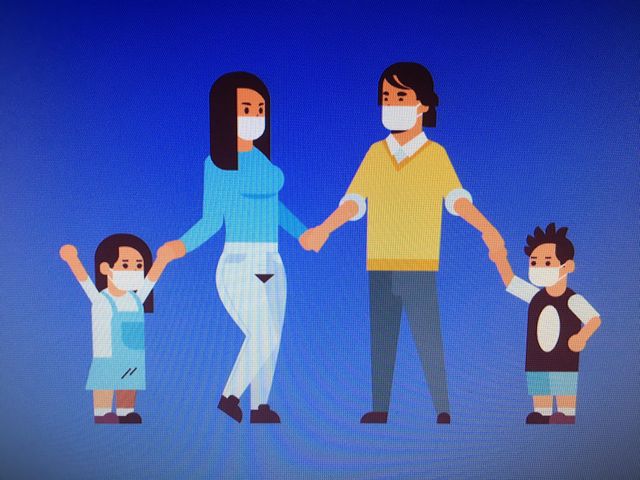
COVID-19 and CHILD CUSTODY
Can or should child custody arrangements be altered in light of the current COVID-19 pandemic? It is a question that child custody lawyers are likely to be facing more and more in these uncertain times. Certainly, families with shared custody arrangements are facing dilemmas. And with the Tennessee Supreme Court’s current limitations on court appearances, many families may find themselves in conflict and seeking answers to difficult questions. So how should blended families deal with Social distancing and staying healthy when children are going back and forth between two households?
In the ideal situations, where divorced or separated parents have healthy relationships, they may be able to agree on precautions and trust one another to exercise them. Certainly where a child has a high risk for COVID-19 or is more susceptible to complications from the virus, parents should agree, perhaps, to discuss options with the child’s pediatrician and even alter schedules in an effort to keep that child as protected as possible.
What if parents cannot agree? What if one parents works in a setting with continuous exposure to the public? What if one parent still holds on to the belief that the COVID-19 virus is a deep-state hoax? What if the other parent is remarried to or living with someone who also has children that he or she shares with another parent? The fears are real but how does a concerned and responsible parent deal with it?
If your co-parent seems to be ignoring social distancing rules or works in a risky work environment, and you have a vulnerable or immuno-compromised child, speak with your child’s pediatrician for advice. You should ask the other parent to temporarily alter the custody schedule. You could suggest postponing in-person visits, scheduling daily face-time or skype sessions, or having the other parent come to your home for a visit, maintaining a safe distance, perhaps in conjunction with doctor’s advice
If you or the other parent currently has symptoms of COVID-19, speak to your child’s doctor immediately. Stopping visitation in either direction may be the most reasonable thing to do. If one parent tests positive for the virus, all in-person visitation with that parent should be postponed.
If simply asking the other parent to be reasonable does not work, here are the most obvious options and some arguments to be made for each:
- Follow Your Custody Order Regardless. No shelter-in-place Orders of which I am aware provide an exception to Court Orders concerning child custody. If you unilaterally make the decision, for example, to stop the other parent’s visitation, you risk being held in contempt of Court, paying for the court costs of the other parent and perhaps even his or her attorney fees. You could even be jailed if you don’t follow the Court’s Orders.
- Stop the other parent’s visitation. This measure should be taken only if one has a reasonable belief that allowing his or her child to go to the other parent’s home places the child in danger of irreparable harm. If this is the choice one makes, he or she should also pursue option 3.
- File a Petition to Temporarily Modify the Permanent Parenting Plan. You will need an experienced child custody lawyer to help you pursue this option. How soon you get to Court will depend upon the Judge presiding over your case and the direction that he or she may be receiving from the Tennessee Supreme Court at the time of your filing
Family Law courtrooms in Tennessee remain open for “proceedings related to emergency child custody orders.” Consult with your attorney for more information if you are facing a dilemma relating to COVID-19.
If you have questions about child custody arrangements and need an attorney, contact Patton & Hyder PLLC. Based in Crossville, TN. The lawyers here are known throughout the Upper Cumberland for their dedication and advocacy. You can learn more about this on their website, but if you have questions or you’re ready to inquire about representation, call (931) 787-1333 today.
About the Business
Have a question? Ask the experts!
Send your question

